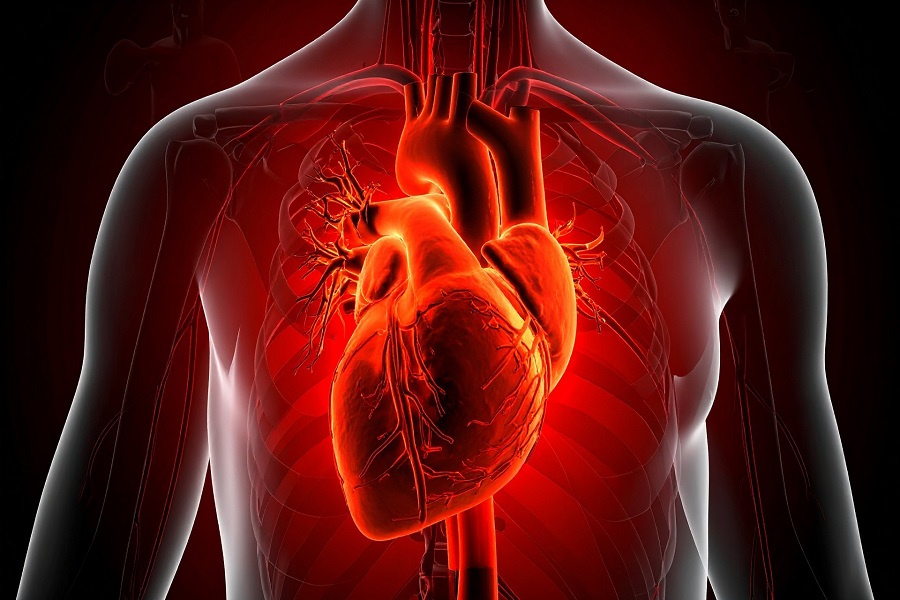The Power of a Healthy Diet: Unlocking a Vast and Fulfilling Life

In the pursuit of a long and fulfilling life, one of the most influential factors is a well-balanced diet. The foods we consume daily have a profound impact on our physical health, mental well-being, and overall longevity. A healthy diet not only helps in disease prevention but also enhances energy levels, improves mood, and supports overall body function. In this article, we will explore the essential components of a healthy diet, its benefits, and practical tips for maintaining a nutritious lifestyle.
The Key Components of a Healthy Diet
Balanced Macronutrients
Carbohydrates: Essential for energy, complex carbohydrates such as whole grains, vegetables, and legumes provide sustained energy and fiber.
Proteins: Necessary for muscle repair and growth, proteins should come from lean sources like poultry, fish, beans, and nuts.
Fats: Healthy fats from sources like avocados, nuts, seeds, and olive oil support brain function and heart health.
Micronutrients and Hydration
Vitamins and Minerals: Found in fruits, vegetables, dairy, and whole grains, these nutrients are crucial for immune support and metabolic functions.
Hydration: Water is essential for digestion, circulation, and detoxification. Aim for at least 8 glasses per day to maintain hydration.
Antioxidant-Rich Foods
Antioxidants help fight oxidative stress and reduce inflammation, which can lead to chronic diseases. Foods like berries, green tea, dark chocolate, and leafy greens are excellent sources of antioxidants.
Fiber-Rich Foods
Dietary fiber aids digestion, controls blood sugar levels, and lowers cholesterol. Include fiber-rich foods like oats, lentils, vegetables, and whole grains.
Health Benefits of a Nutritious Diet
Disease Prevention
A healthy diet reduces the risk of chronic diseases such as diabetes, heart disease, and cancer by providing essential nutrients that boost the immune system and reduce inflammation.
Weight Management
Consuming nutrient-dense foods helps maintain a healthy weight, reducing the risk of obesity-related conditions such as hypertension and joint problems.
Improved Mental Health
Nutrition plays a critical role in brain health. Omega-3 fatty acids, B vitamins, and antioxidants support cognitive function, reduce stress, and improve mood stability.
Increased Energy Levels
Proper nutrition ensures that the body receives the necessary fuel for daily activities, preventing fatigue and boosting productivity.
Enhanced Longevity
Studies show that people who follow a balanced diet rich in whole foods and plant-based nutrients tend to live longer, healthier lives.
Practical Tips for a Sustainable Healthy Diet
Plan and Prepare Meals
Meal planning helps in making healthier food choices and avoiding processed or fast foods.
Practice Portion Control
Eating in moderation prevents overeating and helps maintain a balanced intake of nutrients.
Limit Processed Foods and Sugars
Processed foods contain unhealthy additives, trans fats, and excessive sugars that contribute to various health issues.
Include a Variety of Foods
A diverse diet ensures you receive a wide range of nutrients essential for optimal health.
Listen to Your Body
Eating mindfully and recognizing hunger and fullness cues can help maintain a healthy relationship with food.
Conclusion
A nutritious diet is the cornerstone of a vast and fulfilling life. By incorporating a variety of wholesome foods, staying hydrated, and making conscious dietary choices, individuals can significantly improve their quality of life. Prioritizing a balanced diet not only prevents diseases but also enhances physical and mental well-being, ultimately paving the way for a longer and healthier future. Embracing a healthy lifestyle today can lead to lasting benefits for years to come.
























